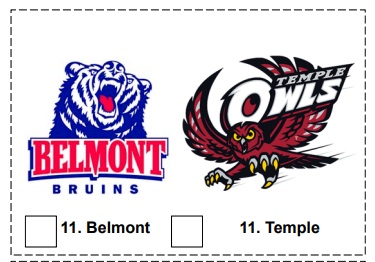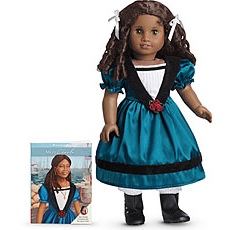Like other social and emotional skills, self-confidence can be taught to our children. This is particularly important because self-confidence is a contributing factor to achieving success both in school and life. However, self-confidence must be realistic. It is a “Goldilocks” characteristic: Too little confidence can cause children to self-doubt, discouraging them from trying new things; too much confidence may set children up for unexpected failure and may alienate others. Our job as parents, therefore, is to help our children develop healthy, realistic self-confidence. Here are three keys to helping them achieve that goal:
- Help our children SOAR. To gain self-confidence, children need to experience success. We can help them by remembering the acronym SOAR. First, ensure that your child has the Skill to accomplish the task. It is foolish and harmful to expect our children to succeed when they do not have the skills or requisite knowledge. Once our children have the skills, we need to provide plenty of Opportunity for them to demonstrate their competence. Finally, we must Reward our children for accomplishing the task. Often, the best reward is acknowledgement and praise. So remember: Skills, Opportunities And Reward.
- Praise effort, not results. Particularly with younger children it is important to acknowledge and praise effort, not just results. This may seem counterintuitive, but consider an elementary school student who receives As in math. Throughout elementary school, her parents rewarded her for every A she received. As she enters middle school, the counselor suggests she take advanced math courses. This student might hesitate or refuse because she has learned that her parents reward success and she may lack the self-confidence to try advanced math because of a fear that she will get Bs, disappointing her parents. In contrast, if the parents had praised her hard work, diligence, organization and preparation, she would likely have more confidence that those same skills will help her do well in advanced math courses. Acknowledging and praising effort builds children’s confidence so that they can master future tasks.
- Give our children the opportunity to fail. One of the most important gifts we can give our children is the opportunity to fail, regroup, try again and succeed. As children we learned the aphorism, "If at first you don't succeed, try, try again," yet as parents many of us shield our children from failure, a phenomenon that has become known as "helicopter parenting." Although we are well intentioned, this does our children a terrible disservice. We need to give our children experience at recovering from failure and moving on. Of course, we should be selective in what failures we allow our children to experience. The failures should be manageable and concern tasks, not overwhelming failure that would challenge a child's sense of self-worth. Next time our children bring home a C, let's discuss how they could have done better and encourage them to try harder next time. As one example of how powerful failure can be, the basketball great Michael Jordan was cut from his high school basketball team. His response: Practice harder.
Self-confidence, when grounded in reality, is a powerful force. It can motivate reasonable risk-taking and help children recover from failure. It is a key aspect of resilience, the ability to bounce back from misfortune. Fortunately, it is a skill that we can help our children acquire.
Paul LeBuffe is the Director of the Devereux Center for Resilient Children in Villanova, PA, whose mission is promoting the resilience of all children and the adults who care for them. More information on promoting resilience can be found at the center’s website.






